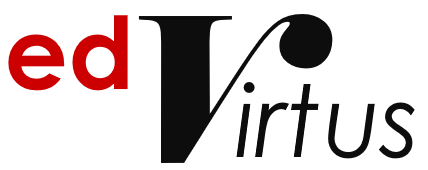
Maths for Managers - Basic Physics
Presenter: Dr Mike Ryan
Click Register to view available course delivery modes (virtual/face-to-face), dates, and locations.
The registration page allows you to register individually or to register groups of up to 15.
Duration: 2 Days | Price: $1,980
Course Aim
Are you looking for a better understanding of the world around you? If so, this course is for you. A surprisingly small number of models, theories and laws can explain all the natural phenomena in the universe. In this Maths for Managers—Basic Physics course, we provide you with an understanding of the core concepts, models and laws that describe, explain and predict physical phenomena. We begin by looking at the fundamentals of velocity, acceleration, force, mass, weight, momentum, and kinetic energy. We then cover Newton’s three laws of motion and put them into context in example systems, particularly orbits. We then look at electricity and magnetism and then the various form of waves: sound, light, and electromagnetic. We end with a brief description of the fundamental laws of thermodynamics.
Some fundamental mathematics understanding is useful in completing this course. You may wish to complete our Maths for Managers—Fundamentals first. You may also be interested in our Maths for Managers—Probability and Statistics course.
Course Outline
Fundamentals. Velocity | Acceleration | Force | Gravity | Friction | Mass and weight | Momentum and inertia | Kinetic energy | Exercises
Newton’s laws of Motion. Newton’s First Law | Newton’s Second Law | Newton’s Third Law | Orbits – Kepler’s Laws | Exercises
Electricity and Magnetism. Electrostatics | Magnetism | Exercises
Waves. Wave properties (reflection / refraction / dispersion) | Sound | Electromagnetic waves | Light | Exercises
Thermodynamics. Heat | Work | Temperature | Energy | Entropy | The laws of thermodynamics | Exercises
Course Material
The following resources will be provided to attendees of this course:
A PDF copy of the PowerPoint presentations used for the course.
Course notes summarising the course content.
A workbook and solutions to the exercises undertaken throughout the course.
